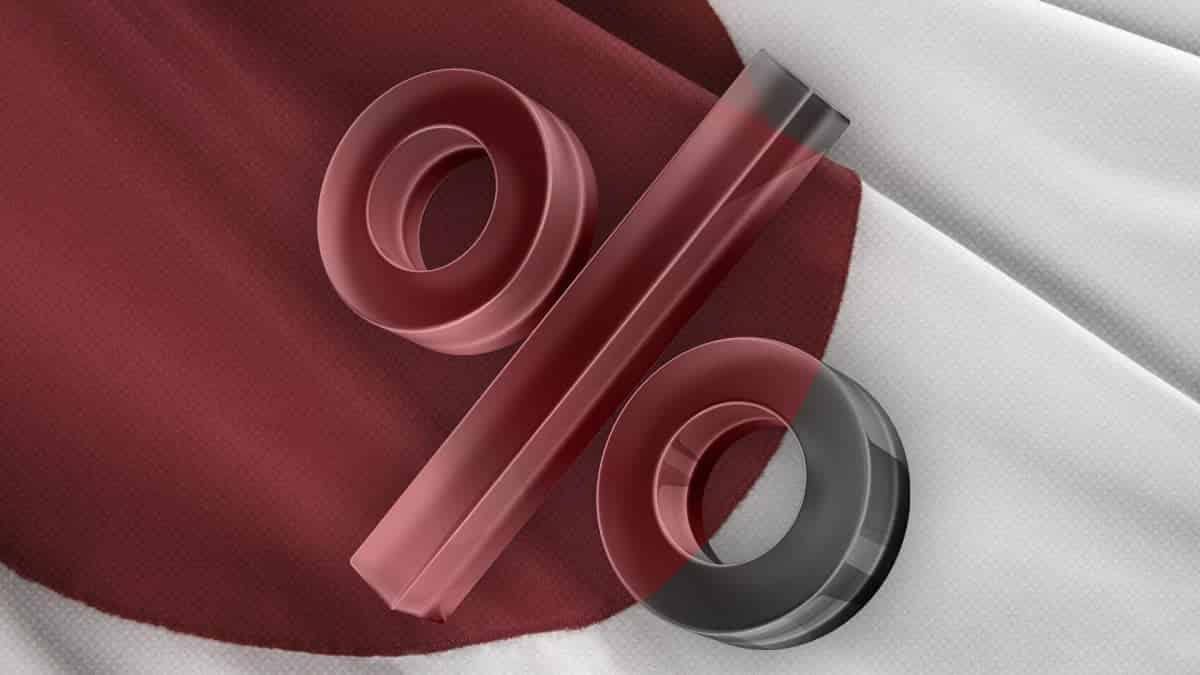Japan's DPP leader pledges 20% tax cap on crypto gains in policy pitch for upcoming election
Quick Take The leader of Japan’s Democratic Party for the People has included the reduction of taxes on crypto gains as part of the party’s policy statement. Japan currently imposes taxes of up to 55% on crypto gains as cryptocurrency is classified as miscellaneous income.

Yuichiro Tamaki, the leader of Japan’s Democratic Party for the People (DPP), has proposed a plan to reduce the tax on crypto gains to 20% as part of his policy statement for the upcoming general election.
“If you believe that cryptocurrency should be taxed at a flat 20% rate, instead of being treated as miscellaneous income, please vote for the Democratic Party for the People. We also propose no taxes on cryptocurrency-to-cryptocurrency exchanges,” Tamaki wrote on X on Sunday.
In a policy statement , the party suggests a 20% separate self-assessed tax and proposes exempting taxes on cryptocurrency exchanges, raising the leverage limit from 2x to 10x, and introducing crypto ETFs. Tamaki also wrote in an X post in July that Japan should “aim to become a major cryptocurrency nation through deregulation and tax reform.”
“With the leverage ratio for retail investors limited to 2x, there is little incentive for speculators to enter the market,” Daiki Moriyama, director of Japan- and Singapore-based gaming blockchain builder Oasys, told The Block.
Japan currently imposes taxes of up to 55% on crypto gains, as cryptocurrency is classified as miscellaneous income. In December, the government approved a tax regime revision that seeks to exclude corporations from paying tax on unrealized crypto gains if they hold the assets longer-term.
“Cryptocurrency trading volumes in Japan remain extremely low,” Moriyama said. “Consequently, Japanese cryptocurrency exchanges, which rely mainly on trading fees as their primary source of revenue, are struggling to generate profits.”
Tamaki’s ambition to reform crypto taxes may still be far from becoming a reality. DPP currently holds seven seats in the House of Representatives, and Japan is set to hold a general election on Oct. 27 to fill its 465 lower house seats.
A survey conducted by the Asahi Shimbun, a major Japanese newspaper, showed that, in single-seat areas, the DPP may double its pre-election total of four seats. In the proportional representation category, DPP may increase its seats.
Disclaimer: The content of this article solely reflects the author's opinion and does not represent the platform in any capacity. This article is not intended to serve as a reference for making investment decisions.
You may also like
A whale increased his holdings of 200 BTC 2 hours ago, worth $16.55 million
BTC falls below $80,000
BNB drops below $550
US Push for Stablecoin Adoption Could Benefit Bitcoin
